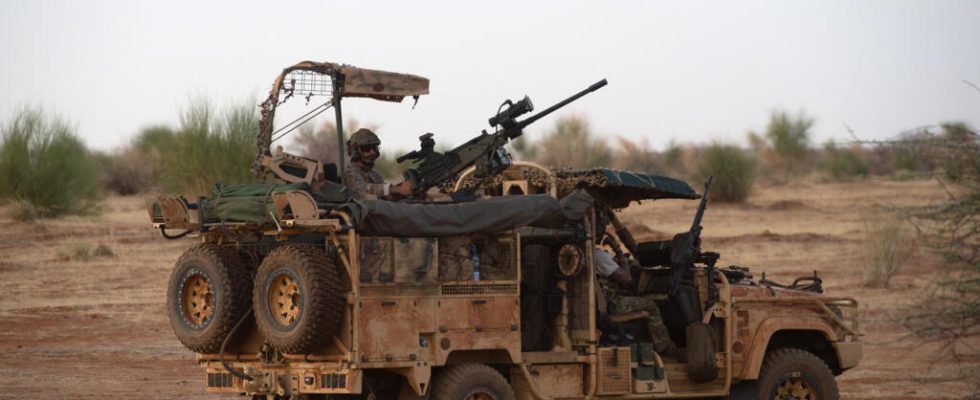In Mali, the situation remained calm on Wednesday in Tessalit. A calm “under high tension” since Minusma began on Monday its disengagement from this base in the Kidal region, of which the Malian army and the CSP rebels are vying to take over. The Malian army launched a vast military operation in the North at the beginning of the month which is not without risk for Mali and the entire Sahel, according to the Timbuktu Institute.
2 mins
A ” process of irreversible occupation of Malian lands “, an operation of “ reconquest “. For the Malian transitional authorities, the military offensive in the Kidal region is a question of sovereignty and territorial defense. However, the CSP rebels are demanding the application of the 2015 peace agreement and have not claimed independence for the northern regions, as was the case in 2012 – which the resumption of hostilities could do. elsewhere end up changing.
For Bakary Sambe, director of the Timbuktu Institute, an “African research center for peace” based in Dakar which has just published a report, this military offensive must above all allow the transitional authorities to justify their maintenance in power. “ The authorities need to galvanize national sentiment, the military-populist discourse, to tell the Malian population that if they engage in this war in the North, it is for the liberation of the country and that this security imperative would be priority in relation to the electoral calendar and the transition calendar negotiated with the ECOWAS “, he says.
Read alsoMali: departure of Minusma from the Kidal region between battle on the ground and diplomatic battle
The Malian military offensive towards Kidal was launched on October 2, just a week after the announcement of the indefinite postponement of the presidential election initially scheduled for next February.
But the strategy is risky. For the Mali firstly, where the resumption of the war could have consequences as harmful as they would be long-lasting. And even for the entire sub-region. Mali having created a new military alliance last month with Burkina and Niger. The Liptako-Gourma Charter establishing the Alliance of States of Sahel (AES) was signed on September 16.
“ Now, allied countries can intervene inside other countries, and the possibility of a new conflict dynamic in the region, involving a Tuareg counter-alliance beyond national borders, could worsen ethnic tensions and stability regional », According to Bakary Sambe.
In its report, the Timbuktu Institute estimates that the Malian transitional authorities are granting “ priority to the consolidation of power rather than the resolution of crises “.
Read alsoMali: exchanges of fire between the army and CSP rebels in Tessalit
